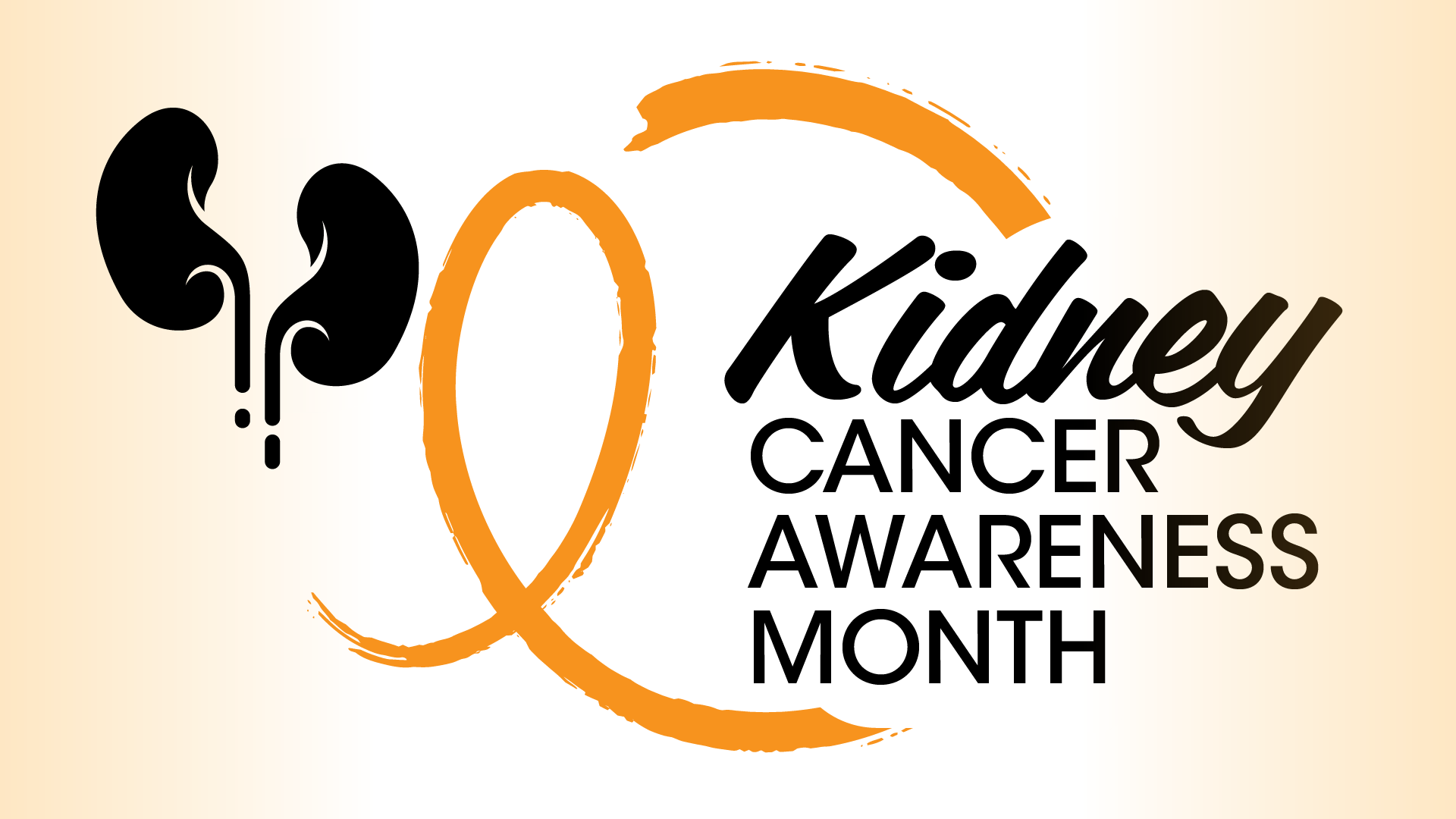
Expert Outlines Collaborative Integrative Oncology Plans in Kidney Cancer

Collaboration in kidney cancer palliative care and integrative medicine programs underscores the current development of University Hospitals’ integrative oncology wing.
Santosh Rao, MD, spoke with CancerNetwork® during
Rao, medical director of integrative oncology for University Hospitals Connor Whole Health and president-elect for the Society for Integrative Oncology, emphasized the collaborative nature of providing integrative care for patients at his institution. In terms of strategy, he noted a “synergy” among the different experts in supportive oncology, palliative care, and integrative oncology who all work together to improve inpatient and outpatient care, referral patterns, and symptom management for those receiving treatment at Connor Whole Health.
Transcript:
We’re building our integrative oncology program. Our integrative oncology program is part of University Hospitals, but it’s under a program called University Hospitals Connor Whole Health. And this is a whole wing of University Hospital Health that is responsible for integrative medicine as a whole. We work very closely with supportive oncology and palliative care, and we have a lot of strategies on how we can work together both on the inpatient and outpatient side.
A lot of these things are plans at this point. As of now, a lot of it is just collaboration between the different programs. But there’s a lot of synergy in many places around the world with palliative care, integrative medicine, and integrative oncology. We plan to pattern ourselves after that, some of which will happen in the hospital, where we really plan to offer complementary therapies alongside supportive oncology to help our patients with pain and other symptoms. And then we’ll try to do some of that on the outpatient side, as well, and to have referrals that make sense for some of the patients who have symptoms.
Reference
Integrative Health Services for Well-Being and Healing. University Hospitals Connor Whole Health. Accessed April 7, 2023. http://bit.ly/3zIRixi
Newsletter
Stay up to date on recent advances in the multidisciplinary approach to cancer.





































